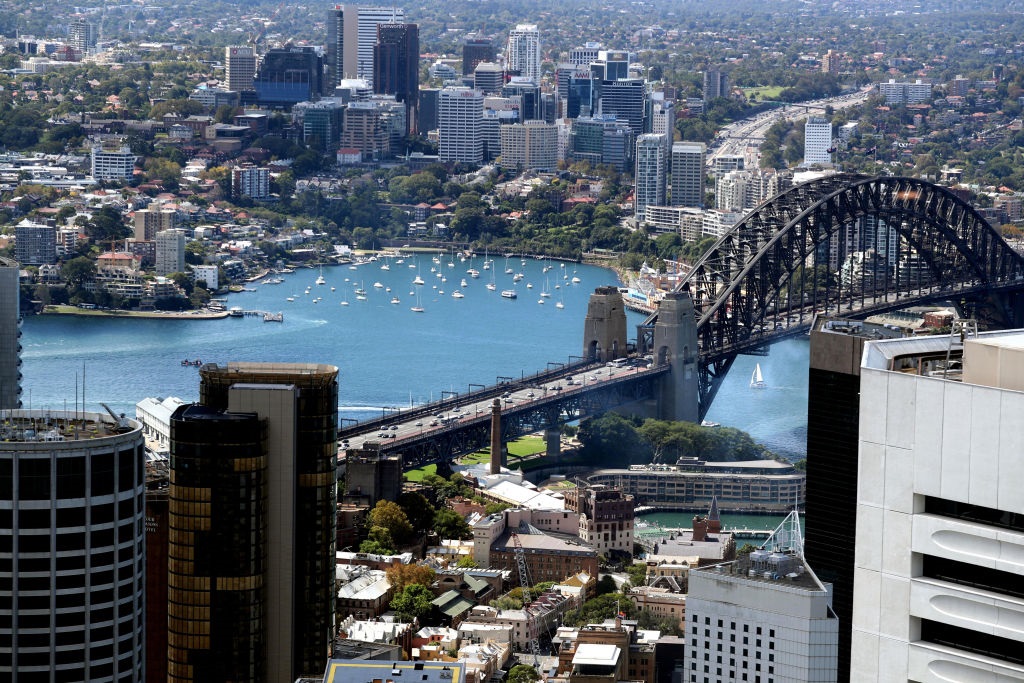
Genomic testing has confirmed two recent arrivals into Sydney were infected with the new strain.
"Both passengers came to Sydney from southern Africa on the evening of Saturday November 27.
They underwent testing on arrival and tested positive for Covid-19 late last night," NSW Health said in a statement.
"The two positive cases, who were asymptomatic, are in isolation in the Special Health Accommodation. Both people are fully vaccinated."
The two confirmed cases were among 14 people who arrived on Saturday evening, travelling on Qatar Airways QR908 from Doha.
NSW Health has said that the passengers began their journey in "southern Africa".
The remaining 12 passengers are undertaking 14 days of hotel quarantine.
Earlier this month, Australia opened it's borders to fully vaccinated travellers from New Zealand and people from Singapore.
However, New Zealanders travelling from Australia into the country are still required to spend time in MIQ.
NSW Health says 260 passengers and air crew are considered close contacts and have been told to isolate.
Earlier today, the Ministry of Health said health officials were continuing to assess the latest international information on the new B.1.1529 variant.
New Zealand has restricted travel for people from nine southern African countries, which were being added to the very high-risk countries list - South Africa, Namibia, Zimbabwe, Botswana, Lesotho, Eswatini, Seychelles, Malawi and Mozambique.
It means only Kiwi citizens can travel to New Zealand from those countries and will have to stay a full 14 days in MIQ and undergo testing.
It means only Kiwi citizens can travel to New Zealand from those countries and will have to stay a full 14 days in MIQ and undergo testing.
In a statement on Saturday night, Covid-19 Response Minister Chris Hipkins said the "remains in a very good position to prevent this variant entering".
"Our understanding of the Omicron variant is still very much in its infancy and we're confident this variant hasn't entered New Zealand – several hundred border cases have been identified in managed isolation in recent months and whole genome sequencing, which is undertaken routinely on all border-related cases, has shown that all have been the Delta variant.
"New Zealand remains in a very good position to prevent this variant entering the country and deal with it if it does appear at our border," he said.
As it is an evolving situation, Hipkins said a "cautious approach" was needed.
Adding these countries to the very high risk country register is an appropriate and proportionate measure as more evidence is gathered globally on the Omicron variant," he said.
South African doctor Dr Angelique Coetzee who first alerted authorities about patients with the new variant said their Covid-19 symptoms that did not make immediate sense.
Dr Coetzee told the Telegraph she was first alerted to the possibility of a new variant when patients in her busy private practice in the capital Pretoria started to come in earlier this month with Covid-19 symptoms that did not make immediate sense.
They included young people of different backgrounds and ethnicities with intense fatigue and a 6-year-old child with a very high pulse rate, she said. None suffered from a loss of taste or smell.












